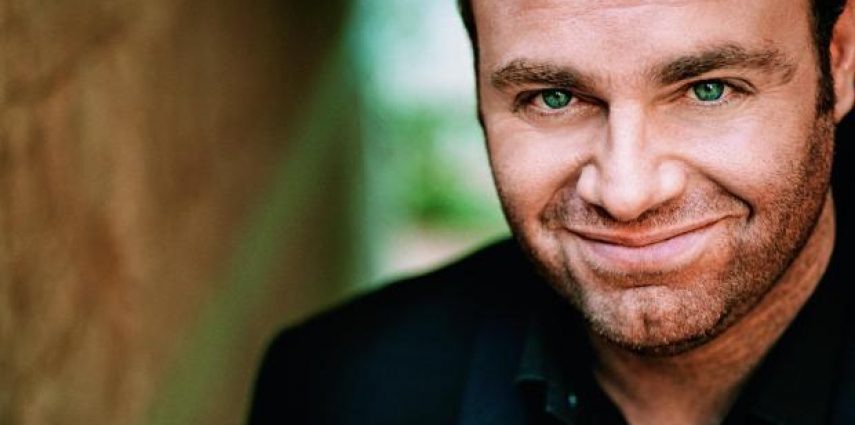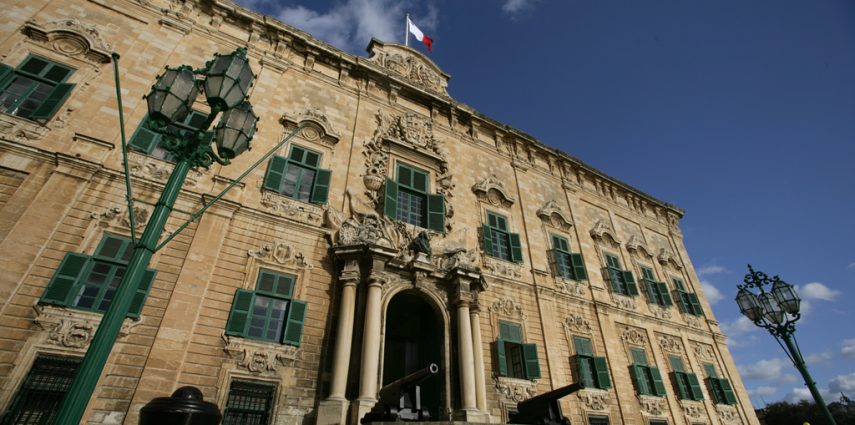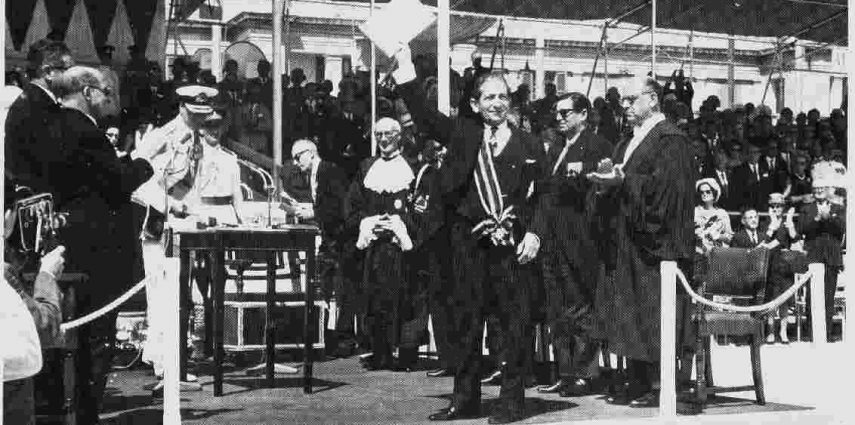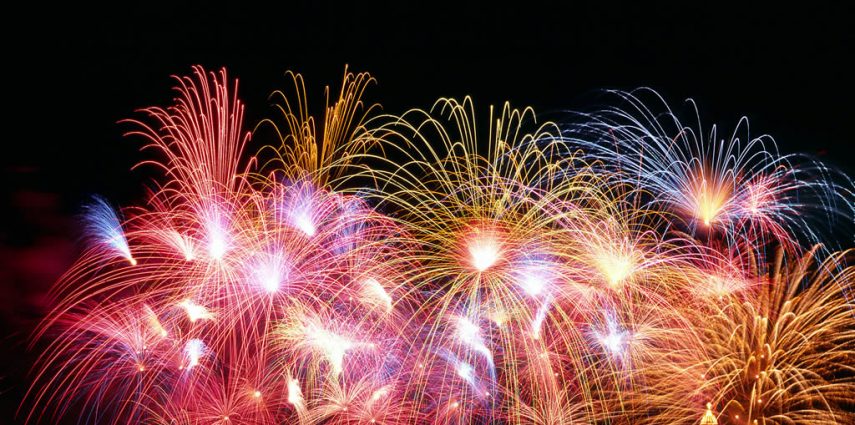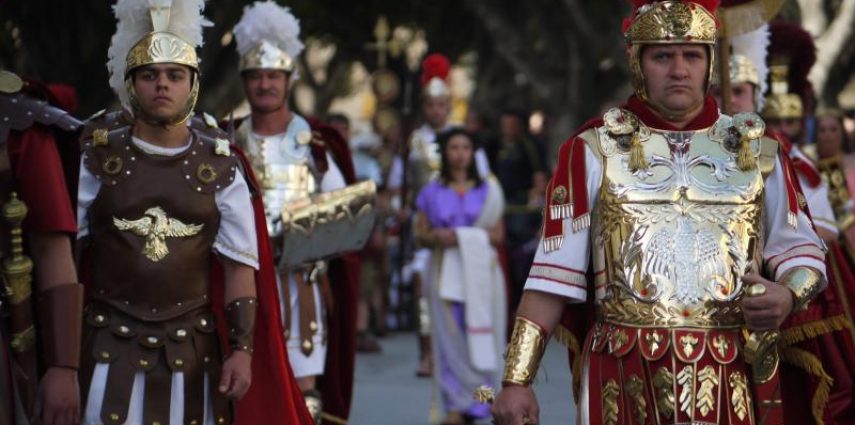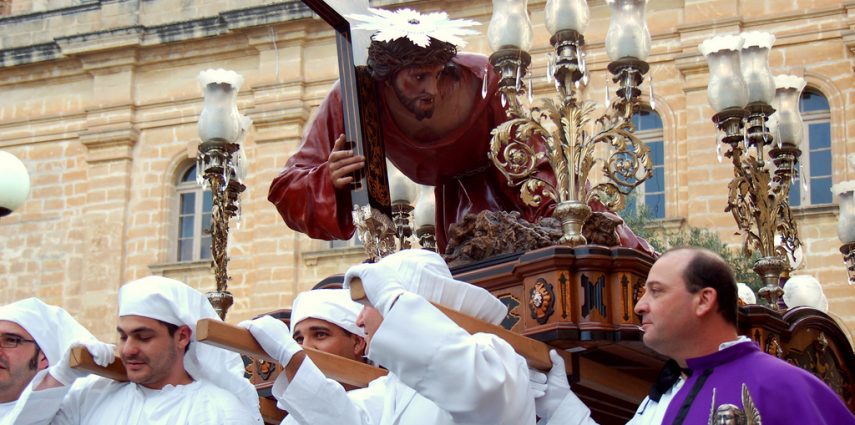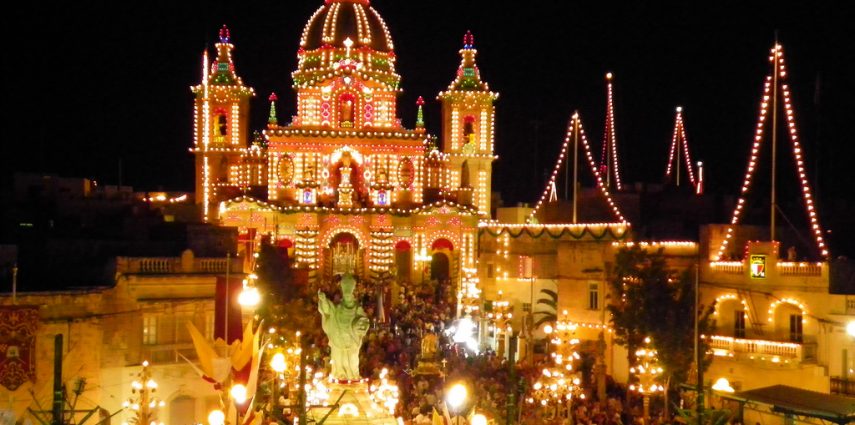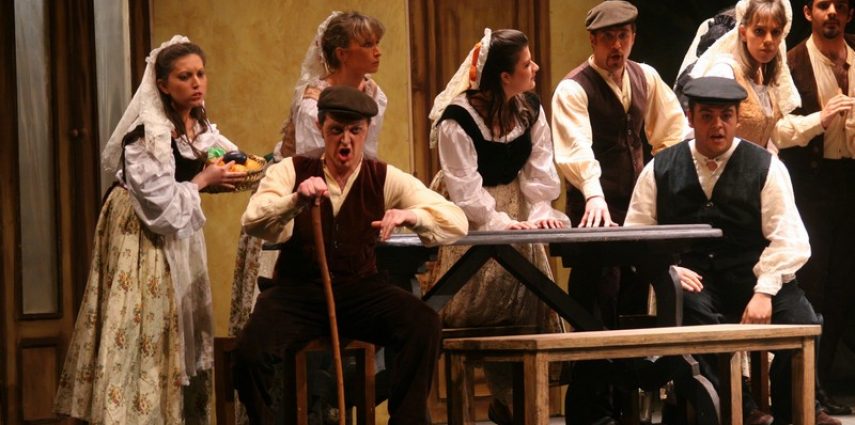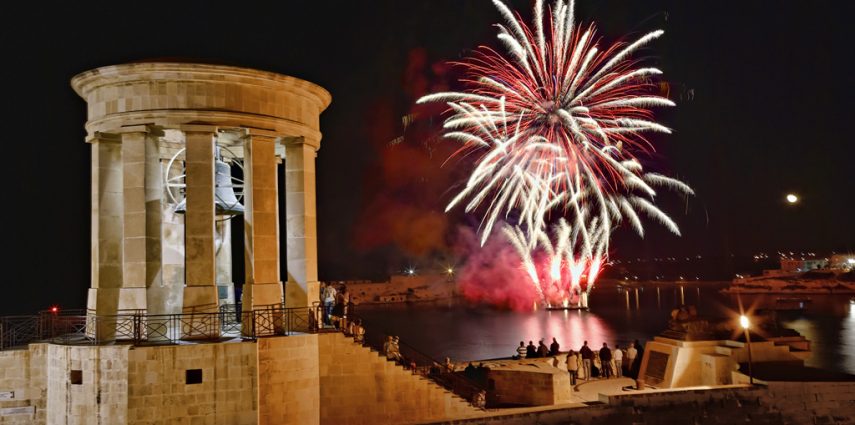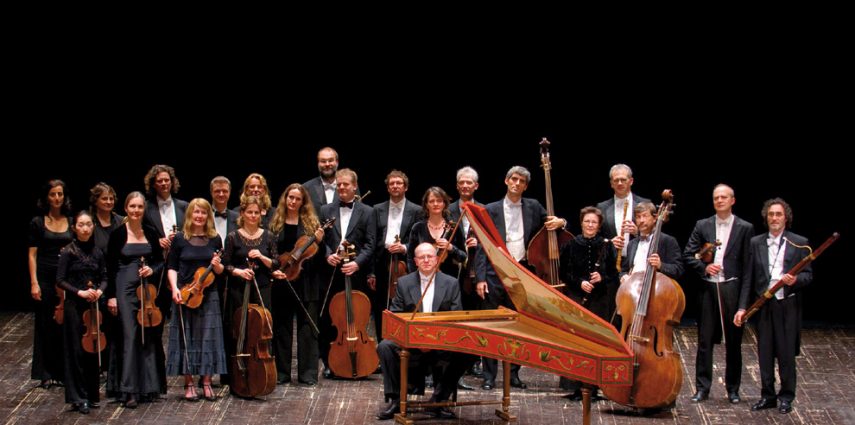Malta, being almost entirely Catholic, has strong religious traditions that are mostly evident during Holy Week and Easter.
In this period of the year, even those less devout, get immersed in the local traditions that revolve around the Catholic feast of Easter.
The festivities for Easter start with Carnival, a 3-day fun fair before a lengthy 40-day lent period where devout Christians fast and refrain from eating meat. Following Carnival, the Church celebrates Ash Wednesday as the beginning ceremony for Lent.
On the Friday preceding Good Friday, all the villages around the island are engulfed under the solemn mood to commemorate Our Lady of Sorrows. The village slows down until it comes to an halt in the early evening. With the last rays of sunshine, the statue of Our Lady exits the village Church, followed by a procession around the local streets.
The mood transforms into a joyous one on Palm Sunday as every village celebrates the entrace of Jesus into Jerusalem as He was welcomed by the community. On this day, it is a tradition for the Parish Priest to bless pets and domestic animals on the village square.
The following Thursday, known as Maundy Thursday, the religious community starts preparing for the passing away of Jesus Christ. The whole island is in mourning, lights are out and villagers hang crosses out of their balconies and windows to add to the atmosphere.
On Good Friday the entire island comes to a still, with most of the local people participating in the traditional Good Friday Pageants – a picturesque procession recounting the life of Jesus Christ with actors in costumes and huge statues being carried on shoulders.
On Easter Sunday, the religious community gathers in Churches all over the island to celebrate the Resurrection of Jesus Christ, usually followed with the traditional running with the statue – a group of men running down the village square with the (heavy) statue of the Risen Lord on their shoulders. The celebration ends at home, with the family around the table savouring a traditional roast lamb.
[alerts title=”Hit LIKE to read our Recommendations…” type=”info”]
[like-gate]
The most followed Good Friday Pagants are those in the villages of Zejtun, Mosta and Zebbug.
On Easter Sunday do not miss the running with the statue of the Risen Lord in Isla.
During this period, volunteers from social clubs and religious groups in most villages organise static displays of the Last Supper. Not to be missed
Taste the Figolli (traditional Easter almond cakes), Prinjolata (traditional Carnival cake) and Kwareżimal (traditional Lent cookie)
[/like-gate]
[/alerts]
A Traditional Easter in Malta January 6th, 2014Editor

